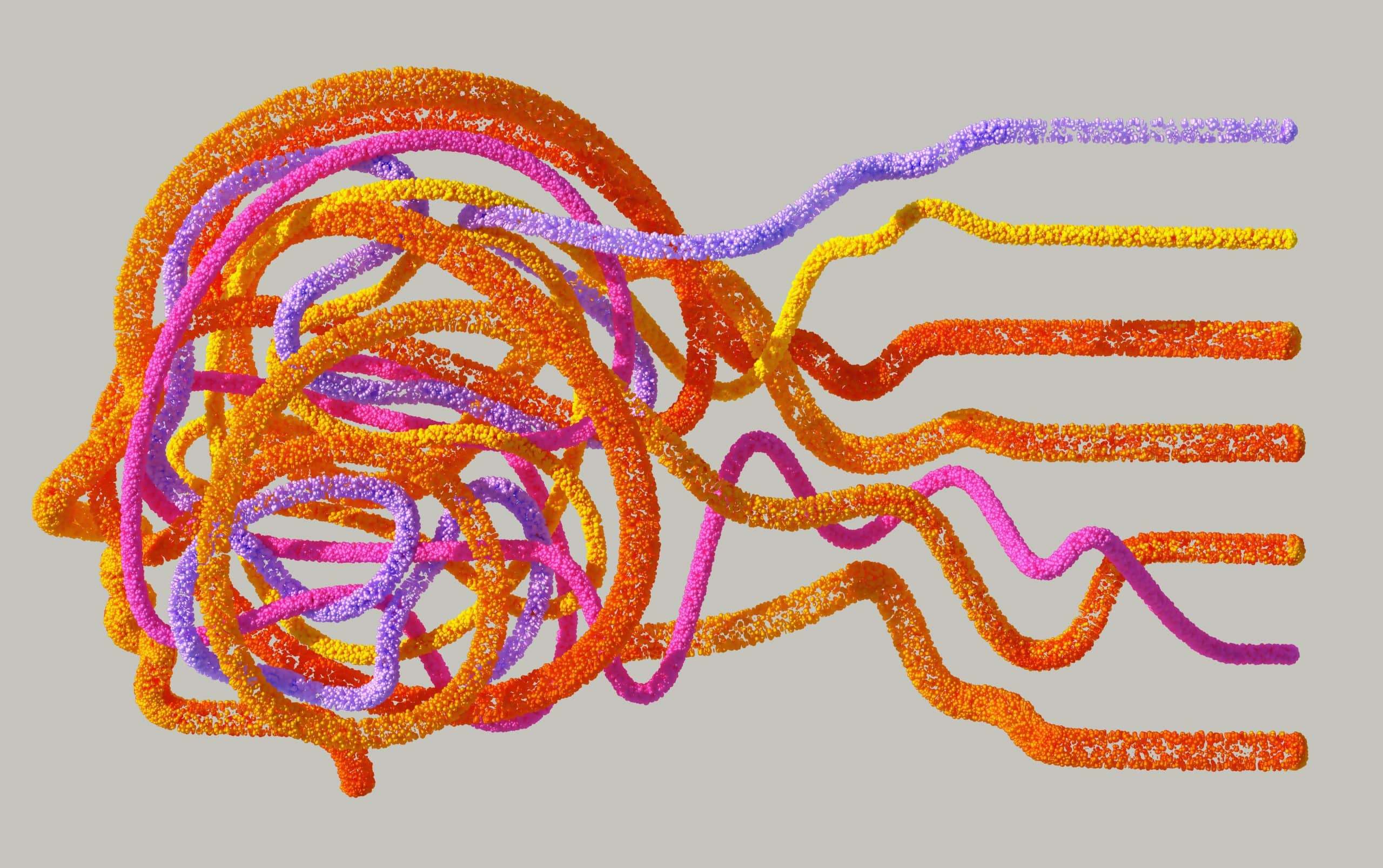Hypervigilance is how your brain protects you from potential dangers by keeping you on constant alert to your surroundings. Inherited from early humans, this survival mechanism was useful in keeping our ancestors safe from possible environmental threats. Similar to anxiety, problems tend to arise when this heightened awareness becomes chronic and involuntary. Although this state of mind is mostly short-term, it can leave you exhausted and disrupt your quality of life if not managed properly.
Risk Factors of Hypervigilance
Your struggles with hypervigilance may be caused by various traumas where you become acutely aware of potential dangers. Moreover, you can develop posttraumatic stress disorder (PTSD) due to traumatic situations such as surviving or witnessing abuse and combat, suffering serious and life-threatening injuries, or enduring multiple losses and tragedies. Following these traumatic experiences, you may be overwhelmed with feelings of fear and anxiety, which makes you hyperaware of your immediate surroundings.
Furthermore, hypervigilance amplifies these emotions and can even be a precursor to developing a mental health condition. One thing you may become aware of when dealing with hypervigilance is an overactive nervous system. Even in the safest situations, you may find yourself looking for dangers that don’t exist, resulting in your inability to relax. More than that, you may develop phobias or other irrational fears that cause you to behave illogically.
Symptoms of Hypervigilance
https://gty.im/1741625947
Mainly, hypervigilance is a symptom of various mental health conditions that can disrupt your life since it causes physical discomfort. Eventually, being on guard persistently could make you fearful of dangers from situations, animals, and other people. You may even give yourself a jump scare as sudden sounds or actions can catch you off guard, making your mind and body even more tense. Physically, you may experience your heart racing, your blood pressure rising, and your pupils dilating from hypervigilance. As a coping method, you may begin to avoid certain people, places, or situations to escape dangers that may not exist or that you falsely perceive to be threatening.
Specifically, children who experience trauma from neglect, abuse, wars, and even natural disasters are at the most risk of developing hypervigilance. Indeed, they’re at an age where their brains are still learning to process their emotions while assessing situations and building relationships. Unfortunately, trauma can disrupt this learning process, making children more fearful of their environments even when they’re safe and secure.
Impact of Hypervigilance
Ultimately, hypervigilance can negatively impact your behavior and livelihood as it can affect your sleeping habits. You may become either restless from insomnia or still exhausted despite a good night’s rest. What’s more? This constant feeling of being “on edge” can lead to angry outbursts, affecting your ability to manage your emotions in a healthy way. Likewise, you may lose the ability to focus and find it challenging to socialize with your peers. Staying away from large and noisy places may lead you to believe that avoidance is the best way to cope with these intense emotions, leading to further isolation from your family, friends, and others.
As hypervigilance grows, you become increasingly suspicious of people and places around you. More than that, your heightened awareness can escalate into paranoia, where you feel everyone is against you. Due to these tense feelings, you may start to catastrophize as you become convinced that bad things will always happen to you no matter what. Over time, these pessimistic thoughts may dominate your mindset, making it challenging to think logically in any situation.
Treatments of Hypervigilance
In addition to hypervigilance, you can struggle with another common symptom of PTSD known as hyperarousal. When combined, these symptoms can strain your relationships and make working or going to school challenging. To help, you may need therapy, medication, or a combination of both to alleviate your hyperarousal and hypervigilance. Just keep in mind that these symptoms affect everyone differently. Therefore, seek a mental health professional who can help you find the best treatment options that work best for you.
Besides therapy and medication, you can try simple strategies to manage your anxiety. For instance, doing yoga, meditation, and even listening to music can help you relax and alleviate your hypervigilance. Comparatively, various breathing exercises, such as counting slowly as you inhale and exhale to calm your nerves and reduce anxiety. Lastly, regularly exercising can improve your physical and mental health, while talking to close friends and family provides the support you need.
Disclaimer: This article is intended simply to provide information. It does not replace the medical advice of a physician or other medical professional. Please speak with your doctor or therapist if you have any questions or concerns.
Get More Great Content
Do you desire top-tier content that covers everything? From thrilling sports and intoxicating entertainment news to gaming tips and professional betting advice, Total Apex covers it all. Delve into our no-fluff articles to stay ahead of the game with the latest sports action, uncover the hottest trends in entertainment, and get the latest scoops in the gaming industry that will take your experiences to the next level.
Finally, our betting advice will give you a decisive edge over the competition and increase your odds of beating the books. Whether you’re looking to stay updated or gain a competitive edge, Total Apex is your one-stop shop for all things compelling and relevant. Don’t forget: we cover Fantasy Sports too!
Check out all our sites: Total Apex Sports, Total Apex Fantasy Sports, Total Apex Entertainment, Total Apex Sports Bets, and Total Apex Gaming. Out of the ashes of obscurity will rise a beast. Always remember to Respect The Hustle! Follow us on Twitter/X @TotalApexSports to stay informed.










